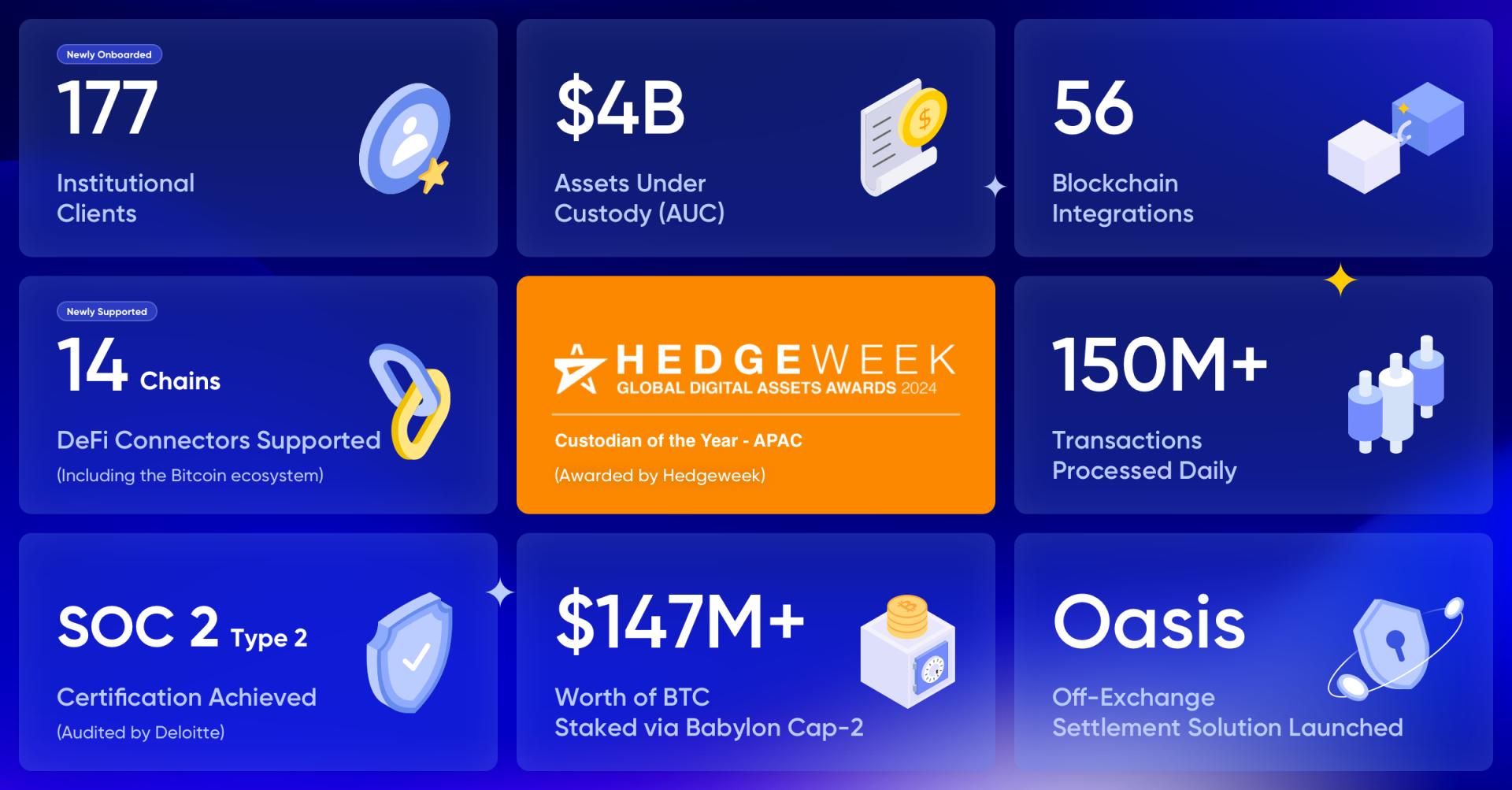Opinion
By DISTRICT ATTORNEY SUMMER STEPHAN
As tax season ends, it’s the perfect time to remind the public that if you get a call from the “IRS” saying you owe money and you need to pay immediately using cryptocurrency, a gift card or some other unusual form of payment, this is a scam.
Even if your caller ID says IRS or any other legitimate sounding government agency, know that career scammers use technology to make any number they want appear on a caller ID. No government agency will call, text or reach out via social media and threaten to arrest you if you do not pay. In addition, cryptocurrency, gift cards or a wire transfer service are never forms of payment with government agencies, so you should see requests like this as a red flag.
Impersonation scams were the top reported scam in 2022 according to data released by the Federal Trade Commission (FTC), which reports that it received more than 700,000 reports about impersonation scams, many of them involving the loss of money.
Here are tips on how to avoid being scammed by an impersonator:
- Do not provide your social security number or banking information to any caller, even if the caller ID shows IRS, Social Security or another known government agency.
- If you get one of these calls, hang up and call the IRS or government office yourself to verify.
- Scammers use technology to make any number they want appear on a caller ID.
- Many calls cannot be traced because they originate overseas.
- If you get a call saying someone you know is in jail and needs bail money, verify this is actually the case by contacting the person that the caller claims is in jail and their immediate family members.
- If the caller tells you not to tell anyone about your conversation, hang up. It is a scam.
- Never pay anyone who insists you pay with cryptocurrency, a wire transfer service like Western Union or MoneyGram, or a gift card – this is a typical method that scammers use to bilk you.
- Never click on links in unexpected emails or text messages including those that claim to be your Apple, Netflix, Amazon, or any other account, and do not give remote access to your computer to anyone who contacts you unexpectedly.
One of the most important things you can do to prevent yourself or a loved one from becoming a victim of a financial scam is to never provide your personal or financial information to anyone you don’t know or trust. This is especially true when it comes to getting cold calls on your phone. There are so many fraudsters who make a living off of scamming people, so the best defense is to prevent the crime by not falling for their tricks in the first place.
As your District Attorney, I’m committed to increasing communication and accessibility between the DA’s Office and the public in order to keep you safe. I hope these consumer and public safety tips have been helpful.
The DA’s Consumer Protection Unit is composed of Deputy District Attorneys, Investigators and Paralegals dedicated to protecting consumers and law-abiding businesses from fraudulent or unfair business practices. To report a consumer complaint, you can call (619) 531-3507 or email consumer@sdcda.org.
*Note: Opinions expressed by columnists and letter writers are those of the
writers and not necessarily those of the newspaper.
Credit: Source link















































